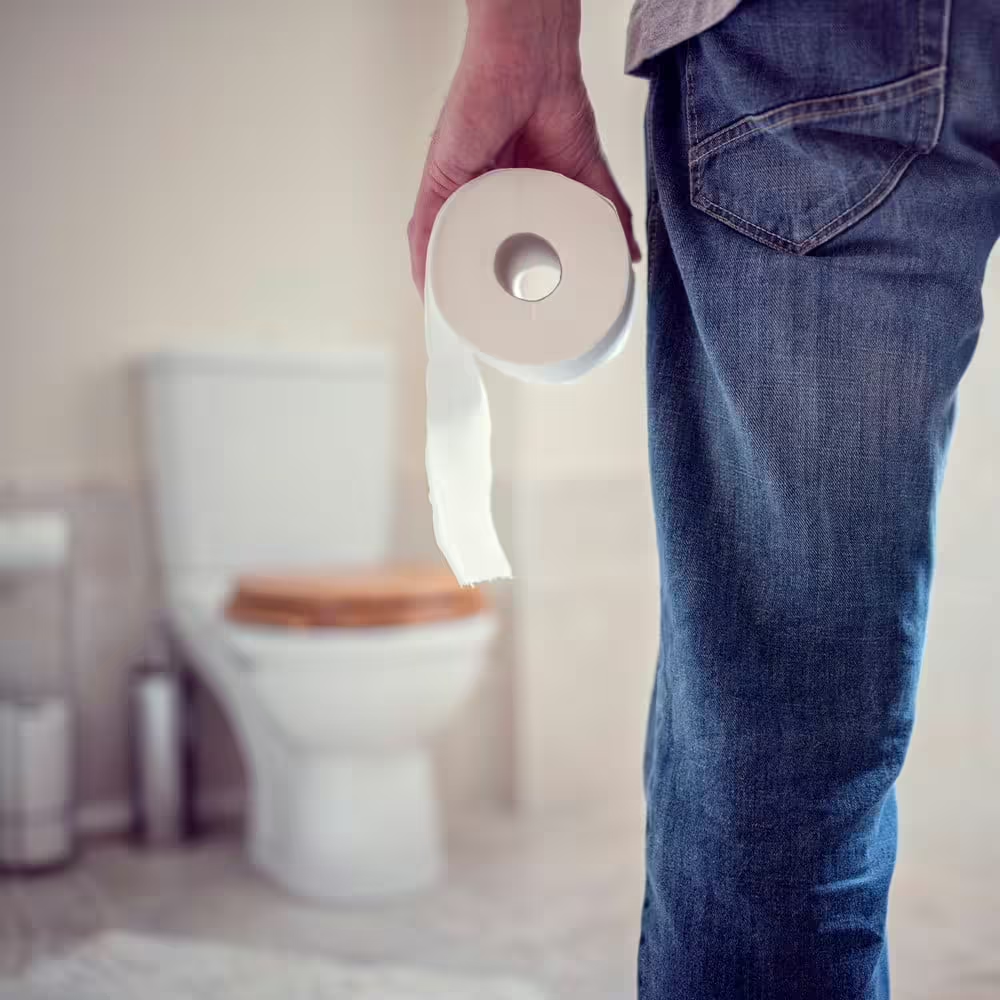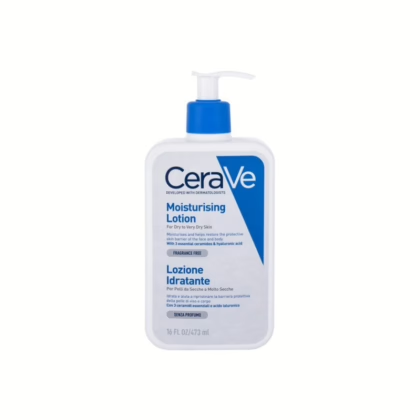
Are you feeling backed up? Is going to the bathroom hard for you? Constipation is a common problem, but it’s not something we talk about very much. That’s why we’re here to break the silence and talk about constipation in a way that’s both informative and teasing.
But don’t worry, there are things you can do to relieve constipation and get your digestive system back on track. In this blog post, we’ll discuss the causes, how to prevent it, and what to do if you’re already experiencing it.
It is a prevalent intestinal issue that affects people of all ages. Infrequent bowel movements, hard stools, and difficulty passing stools are all symptoms. Constipation can be caused by a variety of factors, including diet, lifestyle, and medical conditions.
The following are some of the most prevalent causes of constipation:
It depends on the underlying cause. In some cases, lifestyle changes, such as increasing fiber intake and drinking more fluids, may be enough to relieve constipation. In other cases, you may need medications.
You can make some lifestyle modifications, including:
If lifestyle changes are not enough to relieve constipation, medications may be necessary. There are a number of different types of medications available, including laxatives, stool softeners, and bulk-forming agents.
If you are experiencing constipation, it is important to talk to a doctor.











